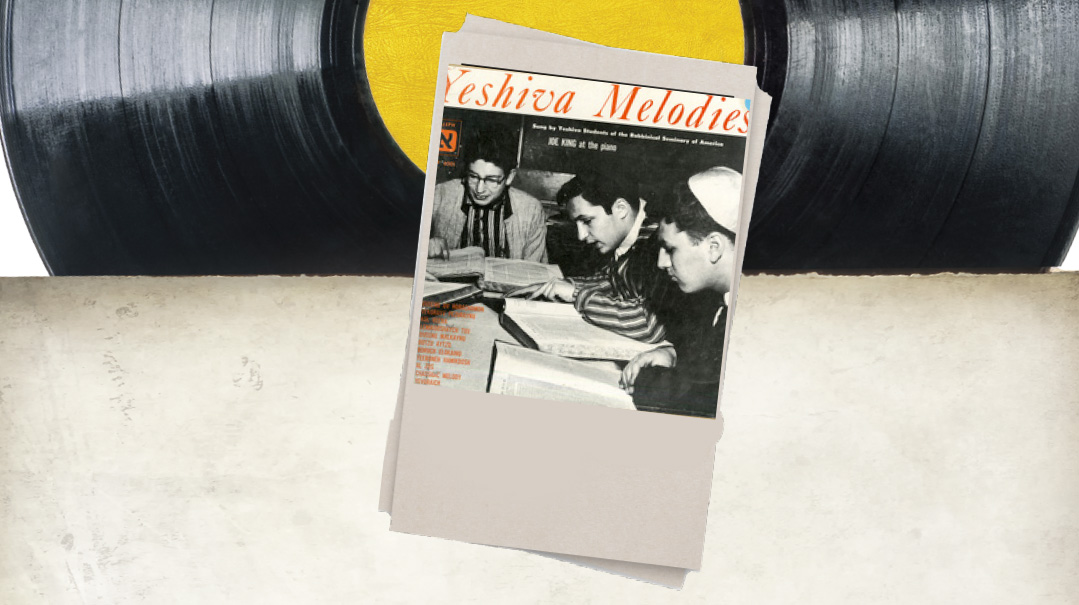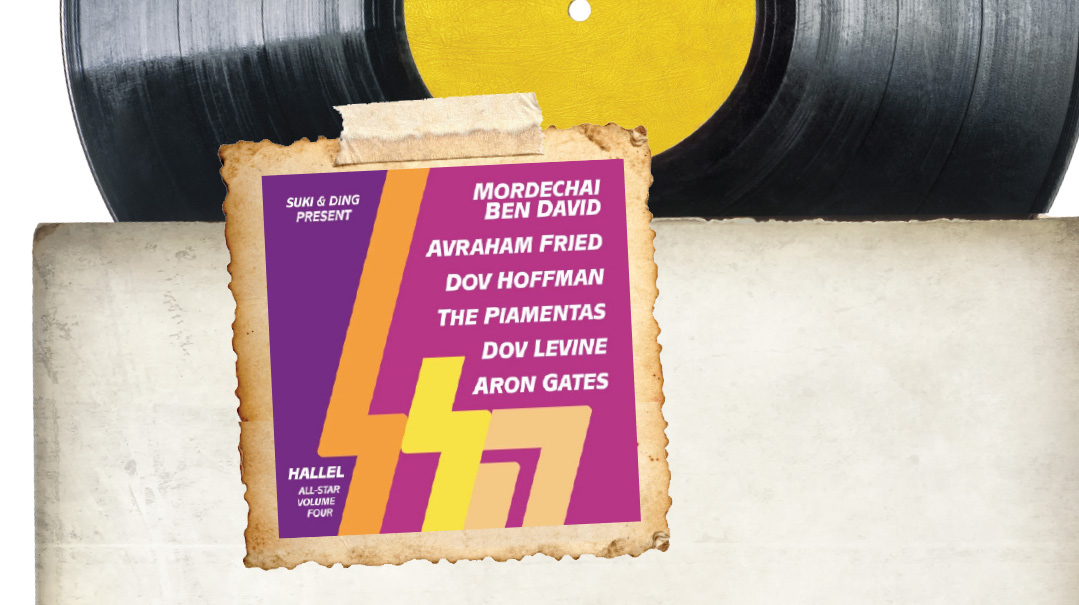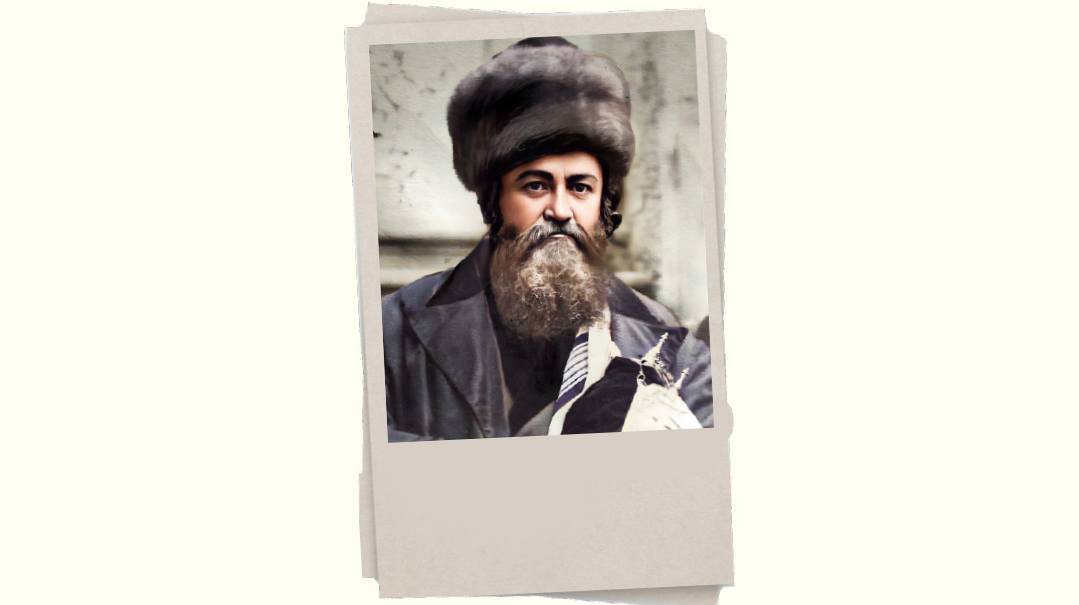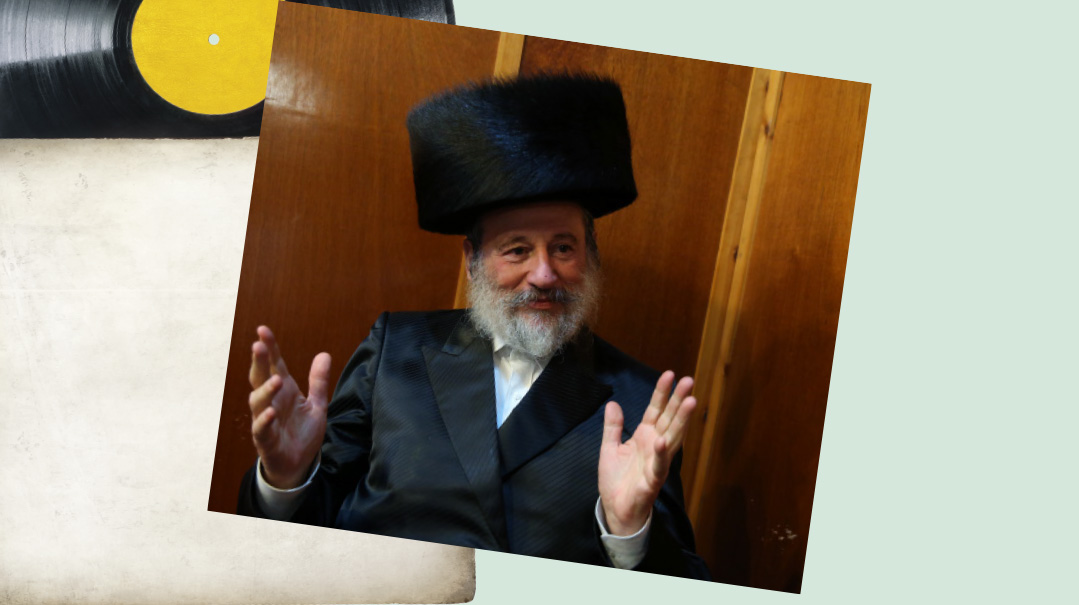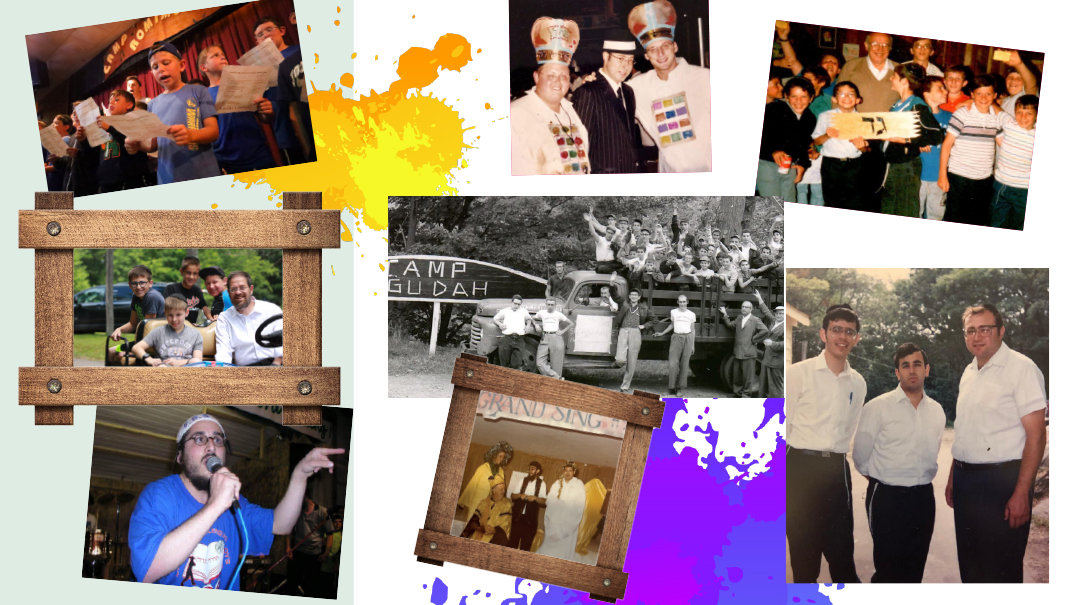We’re All Acheinu

The one song Abie Rotenberg prays will never have to be sung again

We’re all aware of the unprecedented achdus that Klal Yisrael has shown in these recent weeks, whether it’s Hatzolah members and doctors flying to Israel, the arranging of huge amounts of supplies sent abroad, and the many donations from all over the Jewish world and beyond. The people in the music industry have stepped up to the plate as well, using their talents to console the inconsolable and provide chizuk to those very many who need it.
After flying to Israel last week, Avraham Fried’s first stop was, as he says, “an opportunity to visit and spend time with truly heroic people,” visiting wounded soldiers, some of them grievously injured, yet with “a faith of steel.” His next stop was the Shura military base, where bodies are still being brought for identification and given proper halachic care for burial by a brave team of volunteers and chaplains who have witnessed the most horrific atrocities. Avremel then did a rooftop show where, as he was singing, the Iron Dome took down a rocket aimed in that direction. After that, he paid a visit the selfless people of ZAKA, who, with unlimited dedication, have been working around the clock in unimaginably traumatic situations to make sure that kavod hameis is maintained at all times. “I hugged many broken hearts,” he says, “but hearts with unbreakable spirits.”
Yaakov Shwekey was in Yerushalayim when the attacks began, and right after Yom Tov, went off to visit army bases to sing with the soldiers. He says the most requested song was his “Vehi She’amdah” — and the tears on the soldiers’ faces told the rest of the story. Yet the most difficult thing for him was singing “Racheim” for the chevra kaddisha.
Ohad Moskowitz, in addition to making himself available at various army bases, sang on the roof of Aish HaTorah, together with the families of kidnapped hostages — loved ones trying so hard to grasp onto their deeply imbedded but not always revealed emunah peshutah and believe that HaKadosh Baruch Hu would bring their children home safely.
We’ve been hearing about the amazing, tireless work of Rabbi Shai Graucher, Dedi’s son, who has stretched his limits to help in any way possible (Dedi is surely shepping nachas in the Olam HaEmes). I happen to know that he hasn’t slept more than two hours any night since the massacre and war began. He’s raised millions of dollars to provide for the families who have lost loved ones, and has arranged various creative campaigns to provide necessities for the soldiers. Last time I spoke to him, he was just leaving the Gaza periphery after bringing a shipment of tefillin to soldiers who requested them. And then, at an undisclosed location in the vicinity, a massive truck pulled up — not with artillery, but with Shai unloading a dozen generator-powered washing machines, giving the front-line soldiers, some of whom not having changed their clothes in two weeks, a chance to freshen up.
Eli Schwebel also happened to be in Eretz Yisrael when the war broke out, and he hasn’t left the side of the soldiers since. Eli went to be menachem avel the family of Yosef Hy”d, a cousin of his who was killed on the very first day of the war. Yosef’s son Asher is in Sayeret Matkal, the IDF’s elite reconnaissance unit. When Eli went to the shivah house, Asher asked him to sing the song “Titen Acharit L’amecha”(with words from a Yom Kippur piyut, to the same Carlebach niggun that’s often sung for “Nachamu Nachamu Ami”), a song Asher says he takes with him to battle. While Eli was still in the shivah house, he got a call from his cousin Yisrael Schwebel, asking him to join in a kumzitz he was doing in Beit Shemesh for some soldiers. Eli hopped into a cab, and when he arrived, they were singing this very song.
We’ve probably all seen clips of Yishai Ribo singing at hospitals, army bases, funerals and even at an on-base wedding, with a heart so filled with emotion, it brought tears to our eyes, as well as to his.
I asked these dedicated, talented men which song was most requested, that gave the most chizuk. The answer was unanimous: Abie Rotenberg’s “Acheinu Kol Beis Yisrael.” And so, I asked Abie to tell me a little about the composition. He told me that in the early ’80s, when Klal Yisrael had been going through a particular time of distress, he opened his siddur to “Acheinu,” placed it on his piano stand, and composed the niggun right then and there. He also added that he loves it when people sing his songs, but this is the one song that he prays will never have to be sung again, as all our tzaros should end hashta ba’agalah ubizman kariv.
(Originally featured in Mishpacha, Issue 985)
Oops! We could not locate your form.

